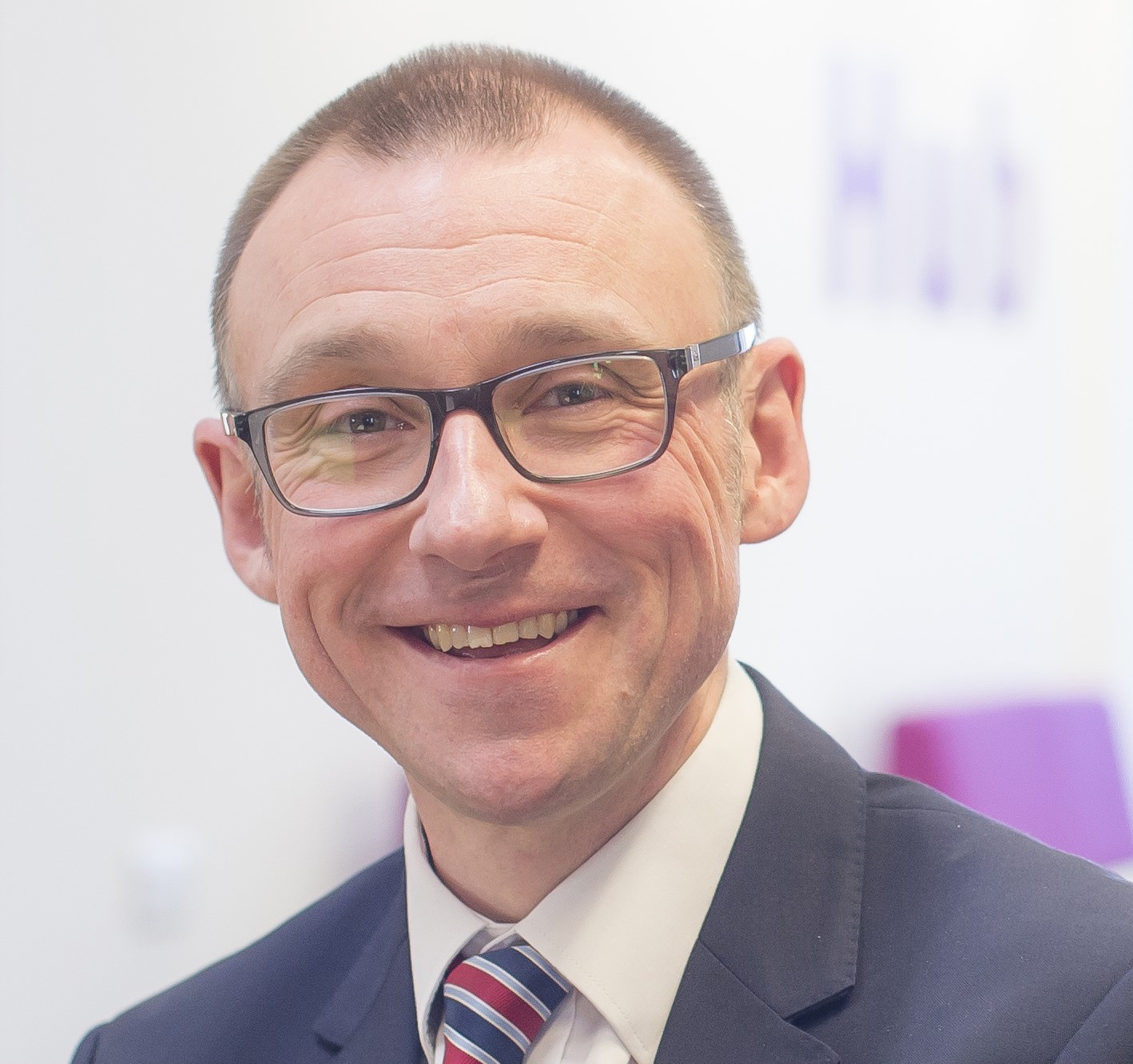Opinion | Monday, 1st October 2018
Google has changed health care and professionals need to adapt
On Google's 20th anniversary, Professor Carol Haigh discusses its impact on health

By Carol Haigh, Professor of Nursing at Manchester Metropolitan University.
Once upon a time, not so long ago if you were of an enquiring mind, a lot of what you wanted to know could be accessed through perusal of journals or via time spent in libraries. It is a sobering thought to realise that there is now an entire generation of people for whom that tortuous process is mythical because, for them and now thankfully for the rest of us, any question you can think of can be answered by Google.
It does not matter whether you want to find out if George Washington cheated on his wife (he did), what the atomic weight of Beryllium is (9.0122) or how to make the perfect lasagne (there are about 11,700,000 answers to that one), Google will be able to tell you.
Having something as, apparently, all knowing as Google has had a major impact upon health care.
If you want to start to exercise to improve your health, Google will probably be your first port of call to explore your options or to find people with the same exercise goals to chat to. Likewise, there is a plethora of sites where people with similar symptoms and disorders can chat, inform and support each other and furthermore support for individuals with newly diagnosed conditions can also be found there. Many people find such forums more informative and experientially educative than their health care professionals as well as being less constrained by time and, of course, since the internet never sleeps, support is always available 24/7 from a fellow sufferer somewhere in the world.
One of the greatest achievements of Google is that it has contributed to the democratisation of health care.
Medical information and treatment options are no longer controlled exclusively by health care professionals. If it is out there in cyber space, Google will find it.
This means that responsibility for health and health-related decision-making can be shared between patients and health care professionals on a more level playing field than in the past. Although other search engines existed and still exist alongside Google, there is no doubt that in the space of 20 short years Google has become much of the world’s go-to source of information.
However, this utopian scenario also has its draw backs.
One is that, few western societies educate their citizens in the art of critical appraisal. For example, an individual may read about some spurious “miracle cure” for their health problem and demand that their doctor prescribes it without the necessary critical knowledge to decide whether the treatment is robust or effective or even safe. A further instance of this, is the huge number of so-called “health” sites that offer unregulated medications from unspecified suppliers which can have serious health consequences. If your doctor will not prescribe unicorn tears to help with your tinnitus, there is probably a site somewhere that will and which can be found via a quick Google search. Thus, it can be seen that an unintended side effect of Google’s contribution to the democratisation of health care referred to earlier is that now everyone can become their own doctor if they have access to a computer.
This is not meant to be a criticism of Google, it acts as a curator of all information, it has never pretended to be an all-knowing provider of only robust, research-based health information. There is no doubt that it has contributed to health care in so many positive ways over the last 20 years but there may be some who insist that Google has a moral and ethical responsibility to account for the content it displays. There may be some truth to this but it could be argued that the advantage of easily accessible healthcare information for all also imposes a moral and ethical responsibility upon the consumers and previous controllers of such information.
Unfortunately, health care professionals have been slow to realise how this new societal phenomenon of ‘citizen-medic’ imposes new responsibilities upon them.
The role of nurses and doctors is evolving from that of custodians of information to interpreters of health care data. The professional obligation to mediate enthusiasm for the more outré health sites that Google may identify for patients with the realistic options provided by the NHS is the next challenge for healthcare professionals and for those who educate them.
This will see a seismic shift in how we interact with our patients and will require the re-imagining of the perceived status of some health care professionals. This will be quite a task, perhaps a swift Google search will provide us with some strategies to help.




